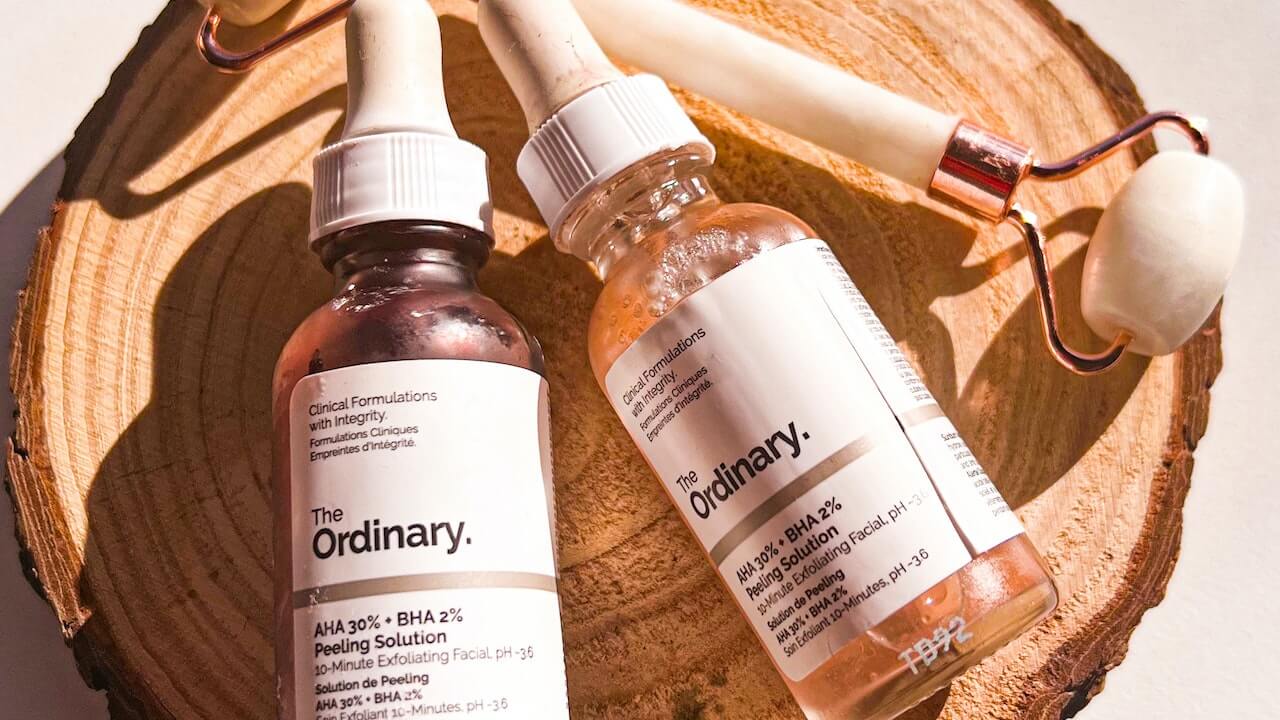The summer is the perfect time to plan beach vacations and to enjoy being outside. But it's also time to change how you take care of your skin. So, stop wondering how to keep your skin healthy in the summer because we're here to help you make a skincare routine for the summer. During the summer, it's crucial to protect, feed, and hydrate your skin to keep it glowing.
The burning heat of summer can be brutal on your skin. Many skin problems are caused by pollution, the intense summer sun, the heat, and the humidity. During the summer, you may have issues like sunburn, dry patches, sebum glands that work too hard, pigmentation, spots, and acne. So, it would be best if you took care of your skin this time of year. You also need to change your skincare routine and the products you use as the season changes.
Below are some changes you should make to your skincare routine.
1. Switch Your Face Wash
Cleansing your face is the most important thing you can do for your skin, no matter what time of year it is. During the summer, it is hot and sunny. During this time, your face tends to make more oil, so you should change the cleanser you use.
Oily skin gets the most suffering because it's easy for pores to get clogged up and cause acne. In the summer, use a foaming cleanser with salicylic acid.
If your skin is dry, you may get red spots and rashes. Use a face wash that doesn't contain soap to wash your face twice a day. The same rules apply to people with combination skin.
During the summer, people with normal skin can switch to a face wash made of gel. You'll feel better if you wash your face twice or thrice daily.
2. Do Not Skip SPF
During the summer, this is something you can't forget at all. Protecting your face, hands, legs, and other body parts exposed to the sun is essential. Too much UV light can damage your skin permanently and cause sunburn, wrinkles, fine lines, skin cancer, and early aging.
Buy a sunblock or sunscreen that blocks a wide range of UV rays (at least SPF 30). Use it twice a day on all the exposed parts of your body.
3. Add Antioxidants
Invest in serums, moisturizers, and sunscreens that have antioxidants added to them. For example, vitamin C protects your skin from damage caused by the environment, stops wrinkles from forming, and helps collagen grow.
Natural extracts and antioxidants in creams and serums help reduce inflammation, and joints in the summer, neutralize harmful free radicals, and repair your skin.
4. Stay Hydrated
Drink a lot of water, and don't forget to bring a water bottle wherever you go. Drink more from your bottle. Hydration is essential to keep your skin moist, eliminate toxins, and feel good during the hot summer days.
5. Eat Fruits And Veggies
To keep your skin looking healthy, you need to feed it well. During the summer, it's important to eat well. Eat many fruits and vegetables. They have essential vitamins, nutrients, and antioxidants that help your body make more collagen, reduce inflammation, and protect your skin from the sun's damaging effects.
6. Exfoliate
During the summer, your skin works hard to stay healthy and heal any sunburns or irritations. Gently exfoliating your skin can help it do this. Exfoliation helps eliminate dead skin cells, which makes your skin look healthy and smooth.
You can scrub your skin with a washcloth or make a sugar scrub at home to eliminate dead skin cells. However, make sure you don't scrub your skin too harshly.
7. Use Less Makeup
In the summer, wear as little makeup as possible. When it's scorching and humid outside, your skin needs to be able to breathe. If you can't live without foundation, use a tinted moisturizer with SPF and top it with face powder to keep it from getting patchy.
8. Use Toner
During the summer, toners are a must-have. A good toner will keep your skin clean and free of oil. It also makes pores look less noticeable. When applying toner, pay special attention to your T-zone, the oiliest part of your face in the summer.
9. Update Your Moisturizer
You are wrong if you think your skin doesn't need moisturizer in the summer. The only difference is that you can't use heavy moisturizers in the summer as in the winter. When it's warm outside, you should use a light moisturizer. Choose a moisturizer that isn't greasy and isn't too heavy. For daytime use, choose one with SPF to help protect your skin from the sun.
10. Eye Care
The skin around your eyes is more sensitive than the rest of your face, so you need to take extra care of it. When you go outside in the sun, you should always wear sunglasses. This will stop lines from appearing around your eyes.
Don't forget to use an eye cream that keeps your eyes moist during the day and at night. Use products with moisturizing ingredients like honey, cucumber, and hyaluronic acid. Massage the area around your eyes to loosen up the muscles every night.






